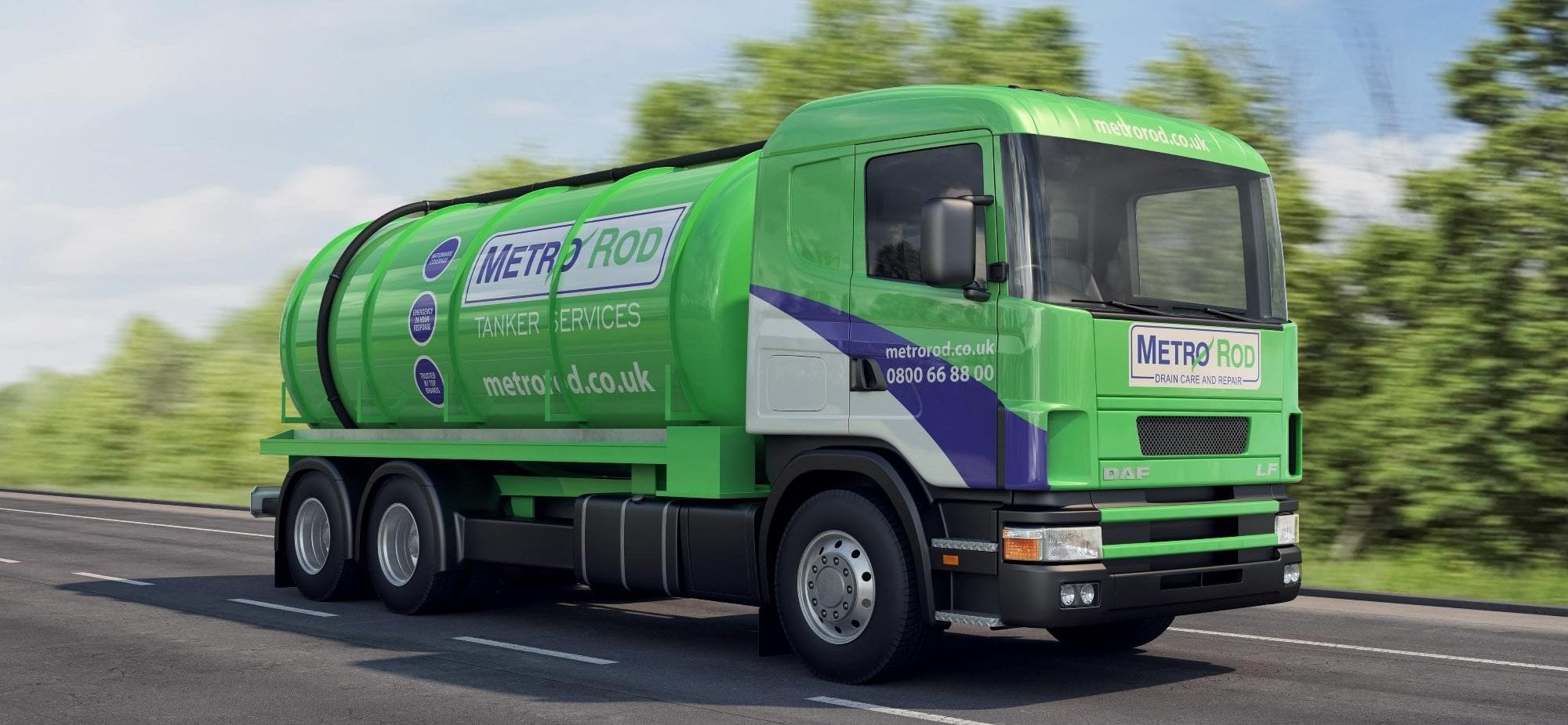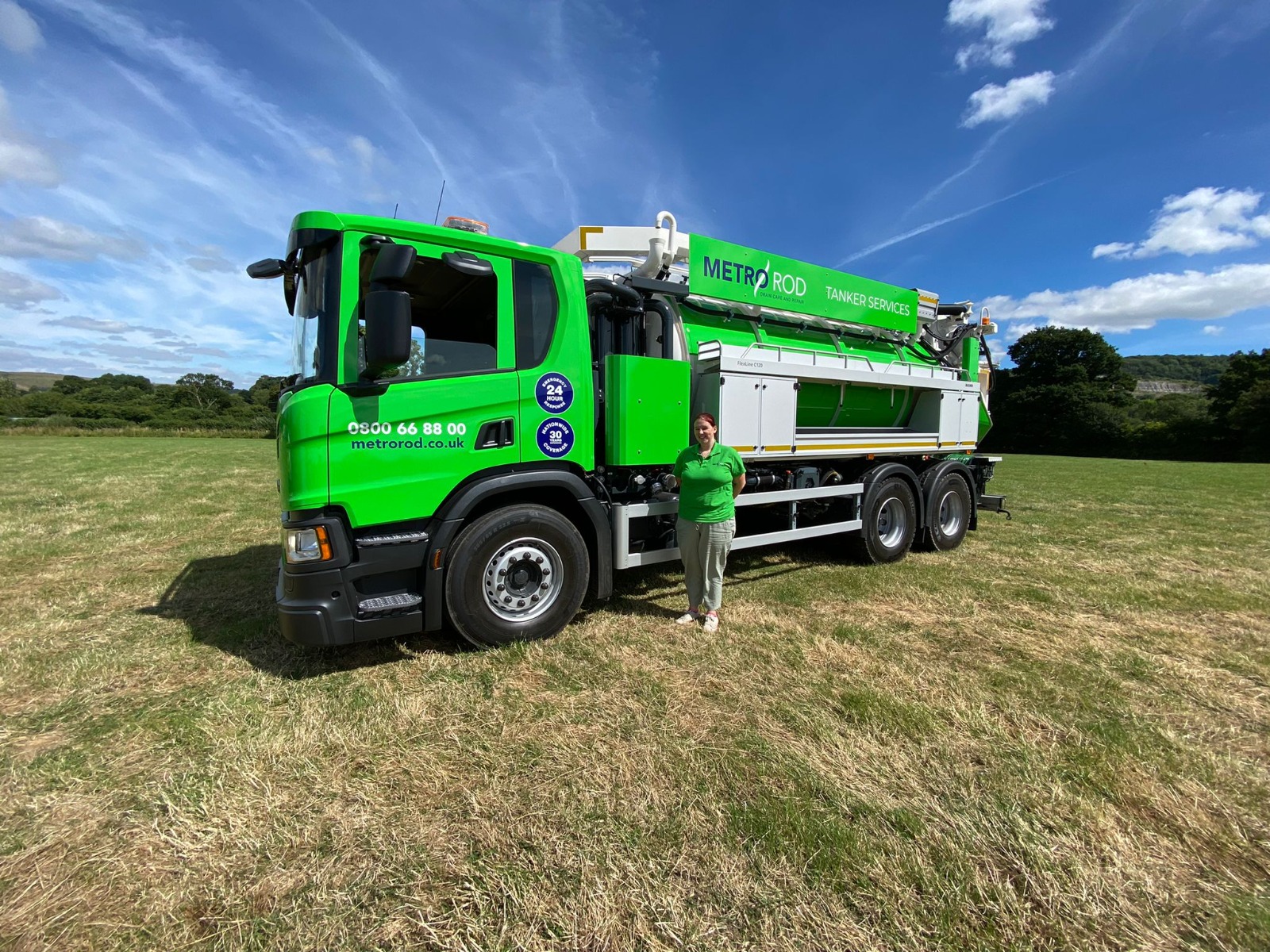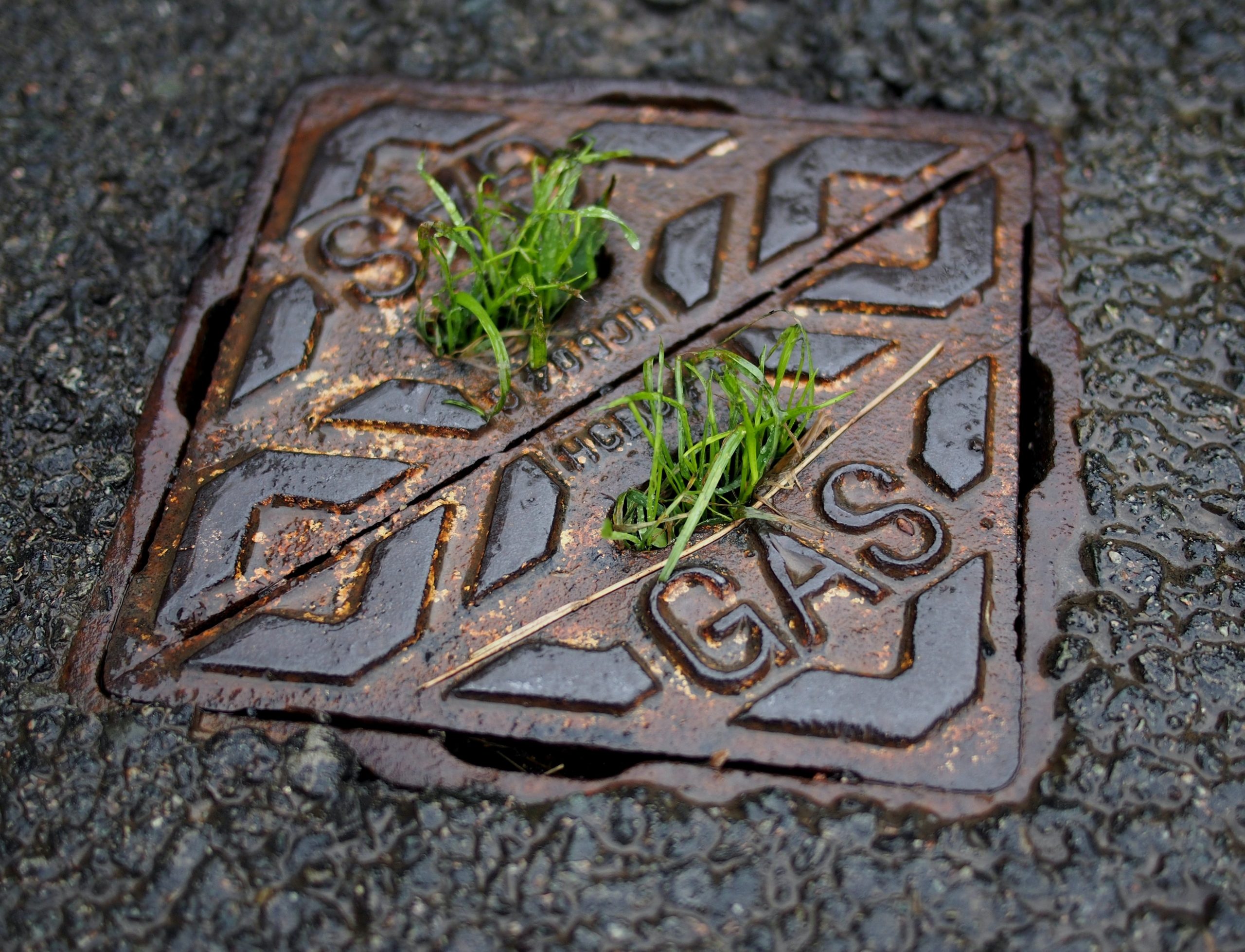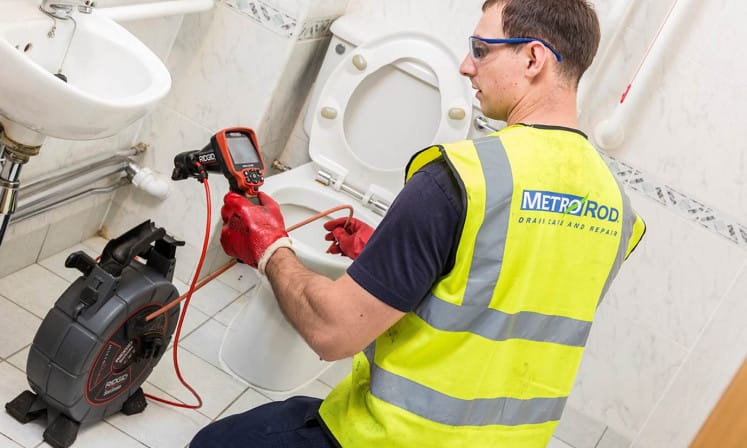Metro Rod Dorset keeping you up-to -date with requirements of the new septic tank emptying regulations that come into force on the 1st January 2020.
What are septic tanks?
Septic tanks are a simple onsite sewage facility. Septic tanks sit in an underground chamber that uses anaerobic processes, settling and reducing solids and organics. The treated wastewater is then discharged to ground via a correctly constructed drainage field.
A drainage field is an infiltration system placed in trenches with pipes, over a drainage stone in a closed loop design allowing the wastewater to trickle through the ground for further treatment by soil bacteria.
You cannot use soakaways (method for draining rainwater). If your current system includes a soakaway you will need to attain a permit from the Environment Agency to assess the risk to groundwater or change to a drainage field.
The new General Binding Rules have been put in place to protect surface water resources (e.g. rivers, streams etc.) from pollution caused by septic tanks and other small-scale sewage treatment plants.
It’s important that you’re aware of changing legislation, if you have a septic tank that discharges directly into a watercourse such as a river, stream, canals, ditches, surface water drains or any other type of watercourse then it must be replaced or upgraded by 2020. Your septic tank must meet the new standards:
- Replacing – must use a sewage treatment plant with a full BS EN 12566-3 Certification
- Redirected – discharge to a watercourse must be stopped and diverted to a drain field that is constructed to the British Standard BS6297 2007.
- Be CE marked.
- Documentation proving your tank has a British Standard Certificate of compliance.
- Be on the British Water list of approved equipment for BS EN 12566-1.
Whichever system you choose, annual checks are recommended to ensure ongoing optimum performance, we offer maintenance contracts.
Septic Tank Emptying
Metro Rod Dorset recommend that your septic tank is regularly maintained and emptied. Like any system, a septic system requires maintenance. Septic tank emptying is often the responsibility of the resident or property owner. They are often left untouched until problems of smell or blockage arise. It is extremely important that you remove sludge in your septic tank before it is full to its maximum capacity. This can be too late to avoid the soak away blocking and resulting in additional and often expensive works. Manufacturers recommend that septic tanks are emptied at regular intervals, although this will depend on the design capacity and use. A well-designed system can have capacity such that maintenance intervals can be up to 12 months, this will reduce significantly if more people live in a property that the system was designed for.
Cesspits and Septic Tanks need regular emptying to avoid contamination of the surrounding areas. Waste inside the Septic Tank will build-up and our 3000-gallon waste disposal tankers will be able to empty the tank and dispose of the sewage in the correct manner.
If you are unsure of the status of your own septic tank, we would be happy to come along and advise you and provide a free of charge quote.
Call us on 0808 250 9905 or 01258 863745 or you can email us as wessex@metrorod.co.uk
If you find yourself running in to difficulties with your drains, our engineers are available 24/7/365
You can go to our website
You can get us on Twitter or Facebook
You can call us on 01258 863745
or you can connect with Jane, our Business Development Manager on LinkedIn
If you have a drainage problem, we have the solution!
Metro Rod Dorset is very proud of our accreditations as an indication of the effectiveness of our safety arrangements. View Our Certifications below:
Construction Line
Safe Contractor
CHAS
Environment ISO 14001:2015
Quality ISO 9001:2015
H&S OHSAS 18001:2007
Achilles
Water Jetting Association
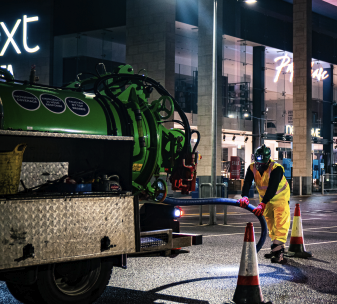
Talk to your local Metro Rod specialist
We are always happy to arrange a free site assessment and no obligation quotations for any work you might need. Alternatively, you can call our emergency hotline number on 0800 66 88 00
Get in touch Drainage Services